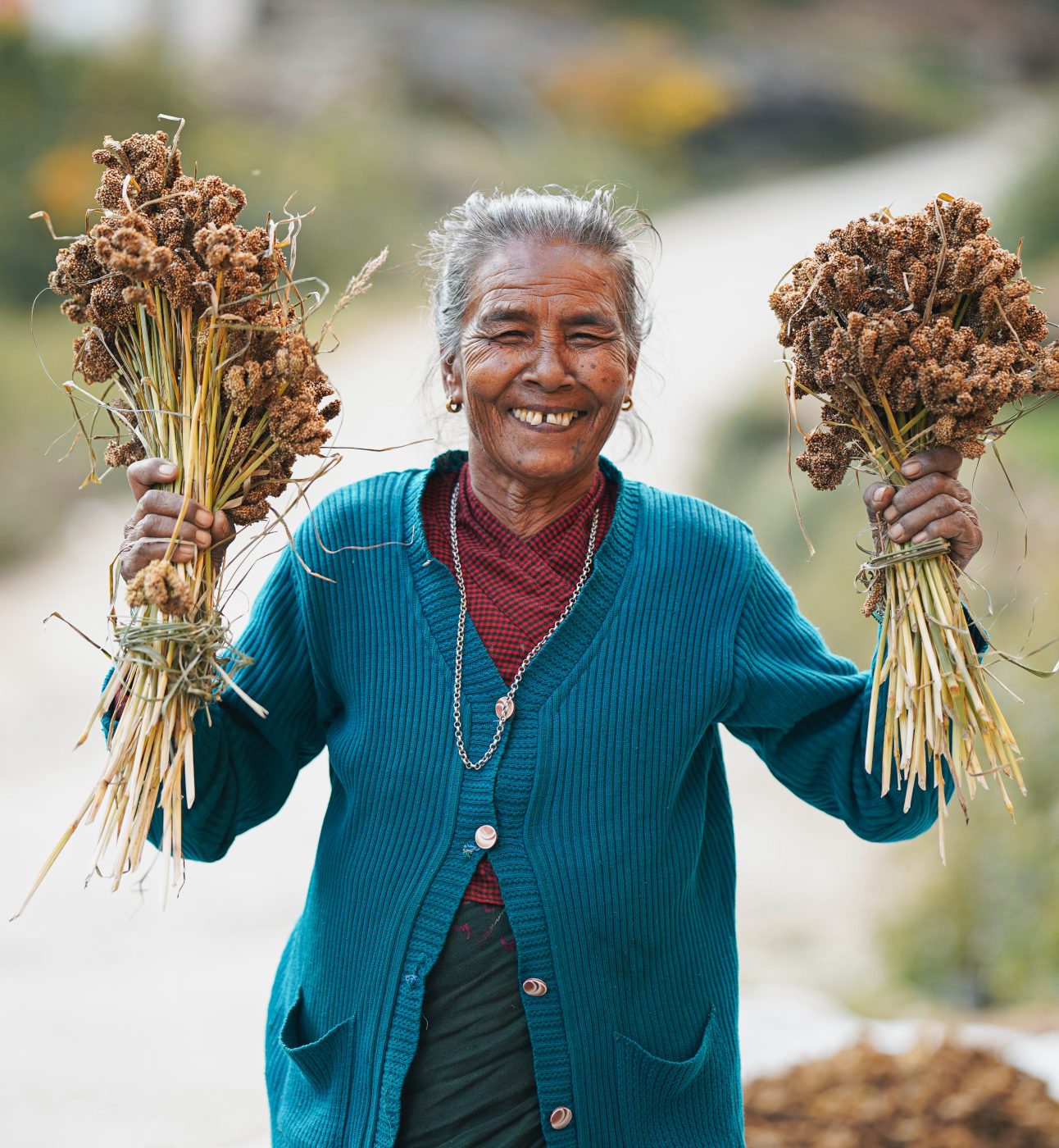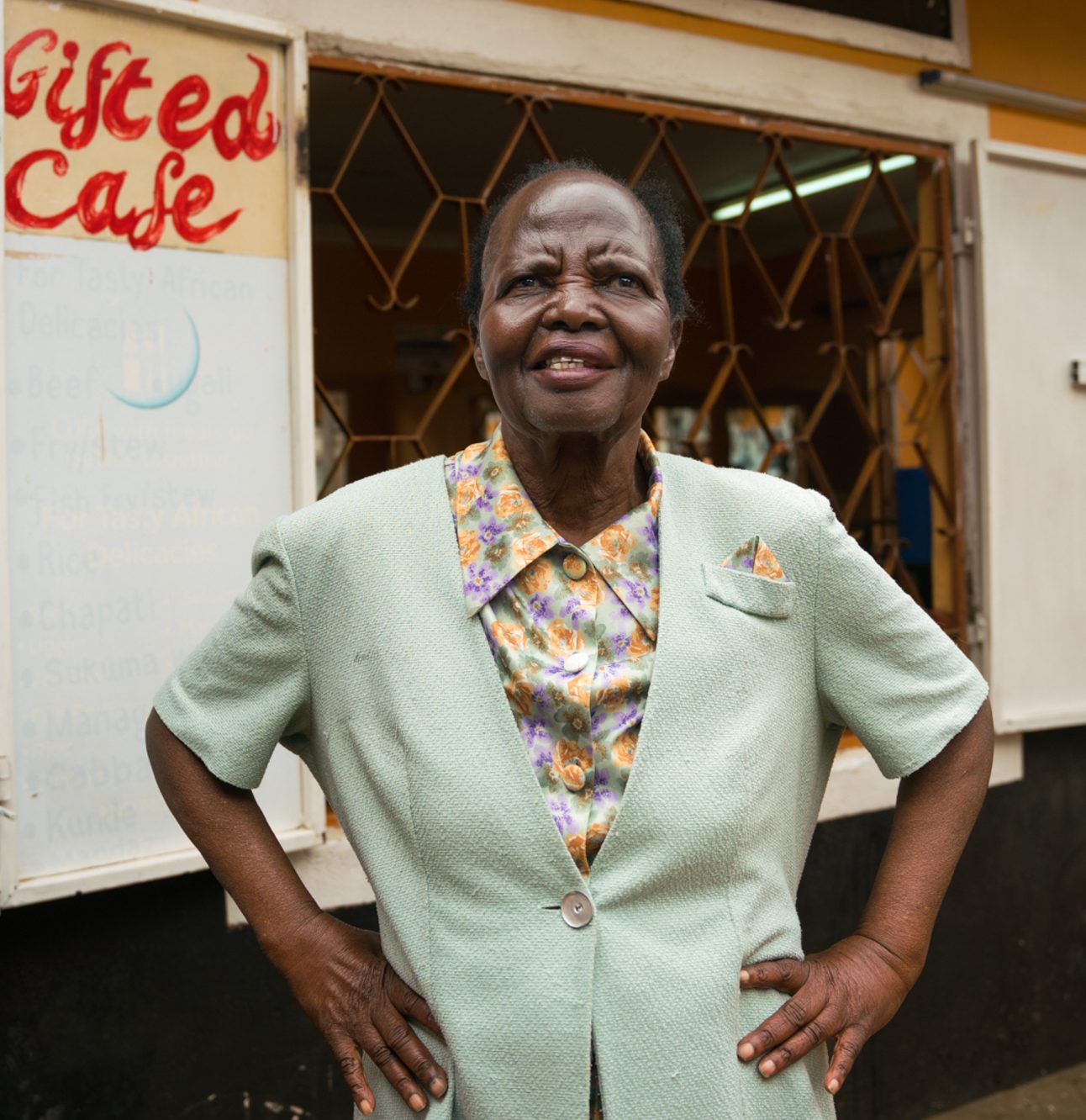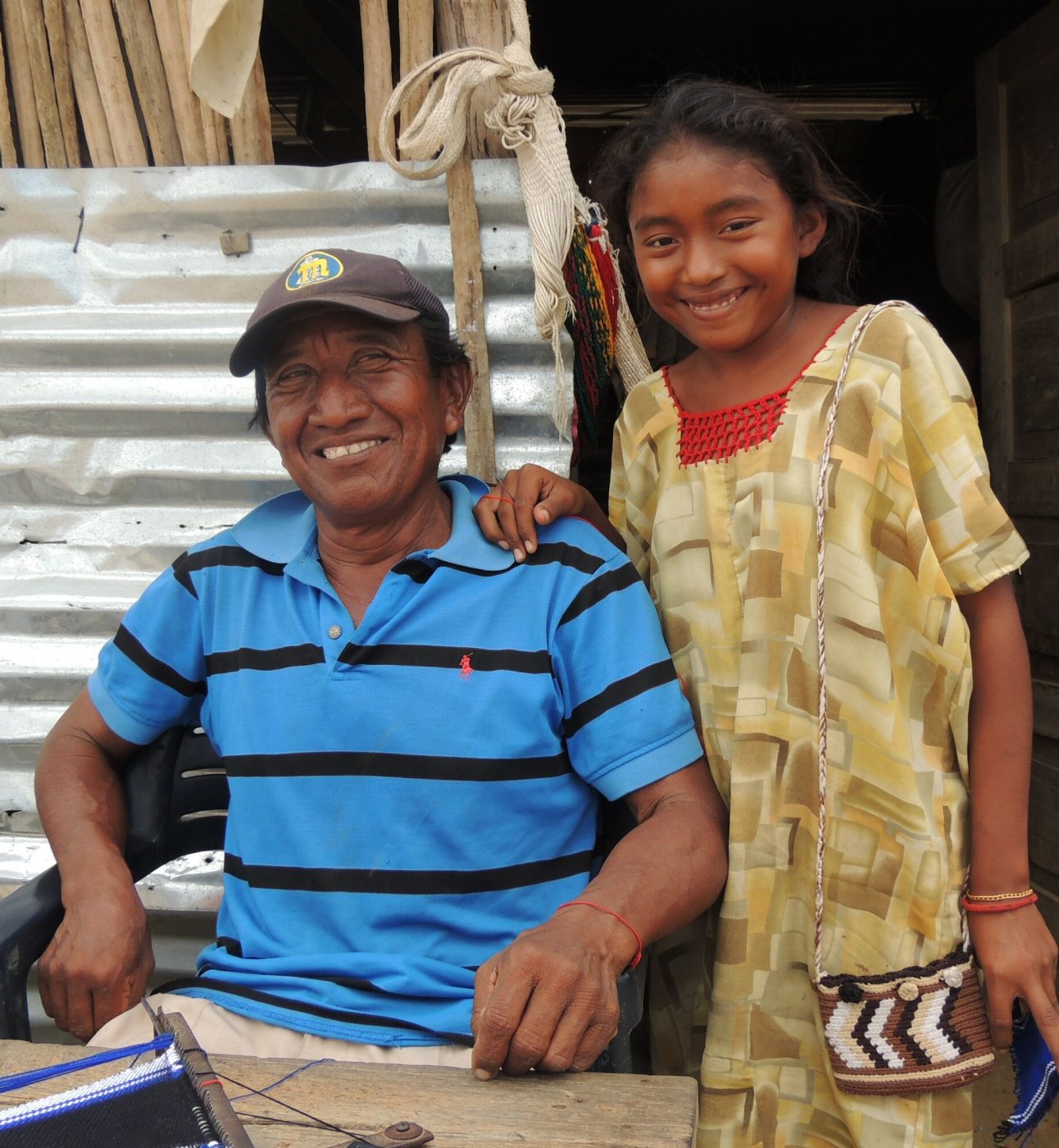We want every older person, everywhere, to be able to say: “My voice is heard”.
Older people are often not heard and denied their rights, wishes and needs because of ageism and inequality. Therefore supporting them to have their voices heard is about challenging deep-rooted power imbalances and empowering them.
Having a voice is about the ability to claim our rights, to make choices and to participate meaningfully in decision-making in all parts of life, including the personal, family, social and political.
The HelpAge Global Network supports and amplifies older people’s voices in many different ways, for example, by developing Older People’s Associations (OPA’s) around the world, by training older people about their rights and supporting older activists to have their voices heard by decision-makers at different levels.
HelpAge works within a voice-centred framework that guides our planning and action to ensure older people are heard at local, national and global levels. Read the ‘HelpAge Voice framework: An introduction’ to find out more about it and the range of activities that the HelpAge Global Network members are undertaking to strengthen older people’s voices and getting them heard across the focus areas of our 2030 Strategy.
Voice training toolkit
We have developed a ‘voice training toolkit’ to help partners, network members, and staff understand the key elements of the framework and to strengthen their ability to implement activities that ensure older people are heard at all levels.
The toolkit comprises six training modules, facilitators’ guidelines, and a series of handouts.



